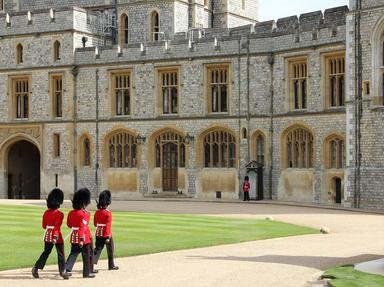In the earliest days of the kingdom, Alfred stood firm against Viking invaders, not only defending
but also promoting learning and law. His victories and vision for unity earned him the rare honorific
, a title that set the tone for kingship itself.
Generations later, the
brought drama to the throne.
, bold and restless, spent his reign abroad on Crusade, where his fearless courage won him the name
. His brother
, left with little inheritance and plagued by failure, became infamous as
, remembered more for the Magna Carta forced upon him than for his own triumphs.
Next came
, who towered over his contemporaries, both in stature and ambition. His height earned him the nickname
, while his relentless campaigns against Scotland gave him the fearsome title
of the Scots. He embodied the brutal edge of medieval monarchy, a figure as imposing in memory as he was in life.
Centuries later,
reshaped England with his break from Rome, but his extravagance reached even the coinage. Silver coins wore thin, revealing copper beneath, and the people mocked him as Old
. His reign showed how power could be stamped not only on religion and politics, but literally on the nation's money.
Some years later, James I of England brought intellect and contradiction. Learned yet impractical, he was dubbed the
Fool in Christendom. His grandson
restored the monarchy after Cromwell's Commonwealth, filling his court with theatre and revelry and earning the nickname The
.
The dynasty shifted again with
, a foreign-born king whose German roots made him seem distant to his subjects. Satirists mocked him as the
King, a jab at his rustic Hanoverian background. His grandson
, however, delighted in farming and plain living, and was affectionately called
George, even as his reign saw the loss of America and the rise of industry at home.
